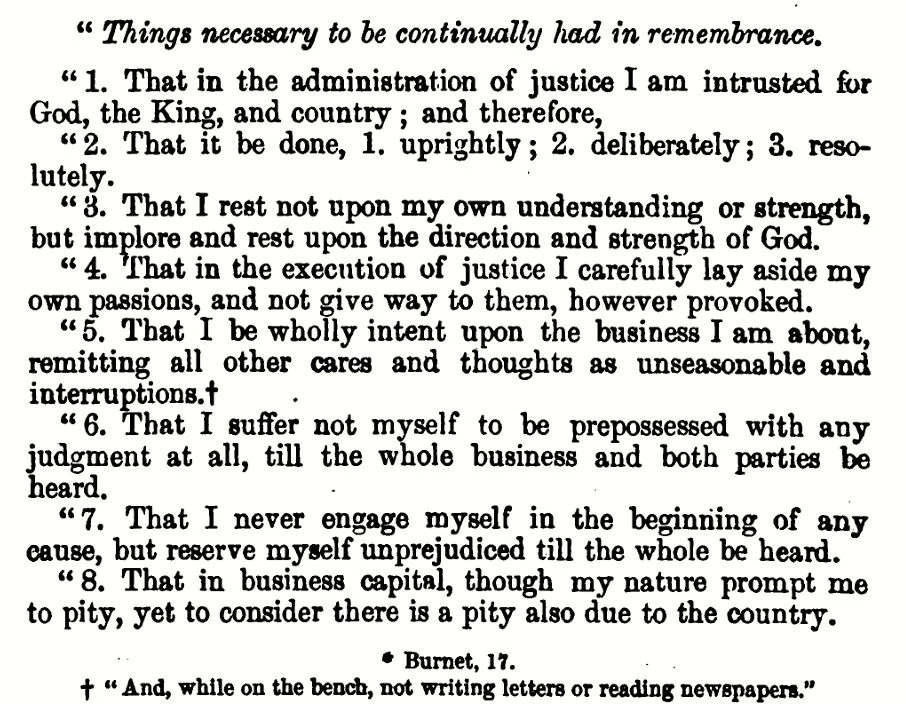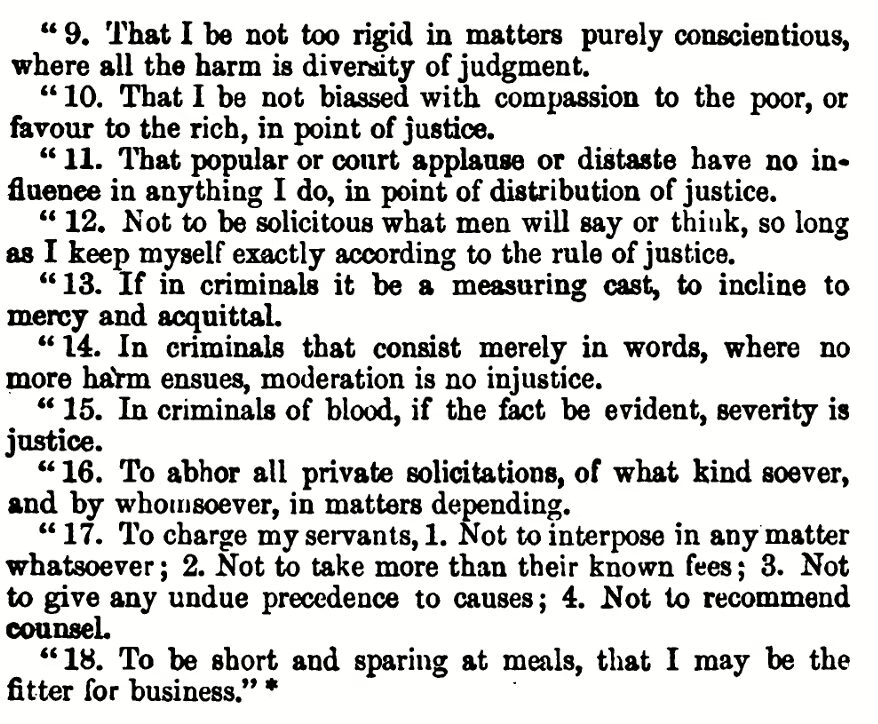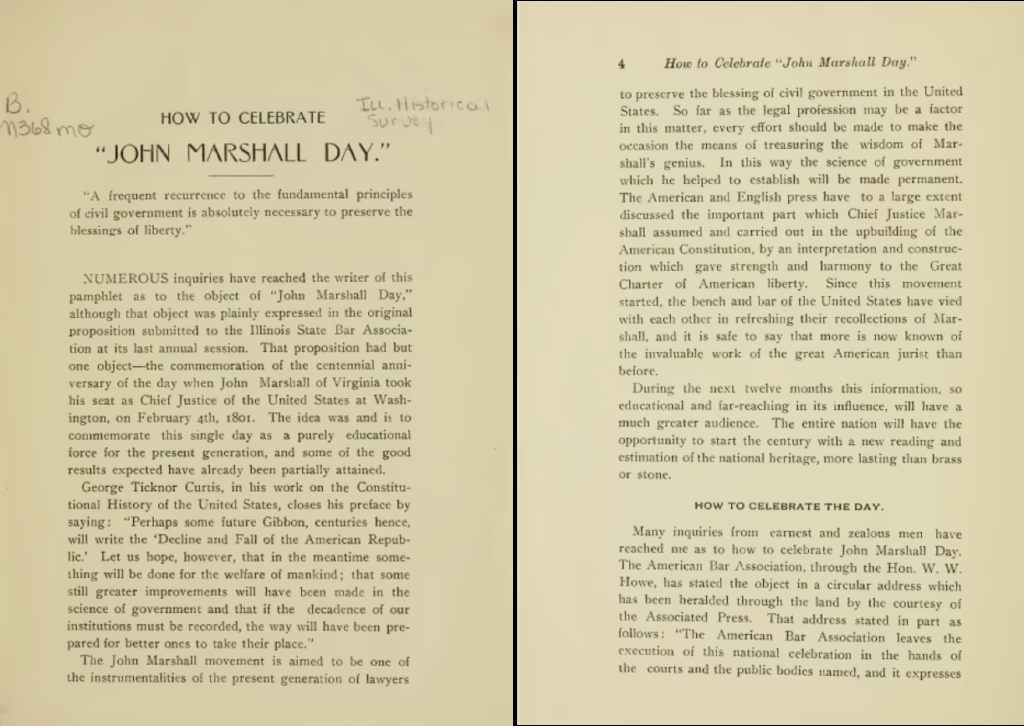Earlier this year, both houses of Virginia’s General Assembly voted by super-slim majorities to pass through to next year a sweeping proposed amendment to Virginia’s Constitution (HJ1/SJ247). Under Virginia’s process for constitutional amendments, this proposal needs to pass again in the next general legislative session after an intervening election. With all 100 House of Delegates seats up for election this November, the amendment will most likely be voted on again in January 2026.
The amendment’s proponents and many of its opponents tend to describe it as about abortion. But the amendment is about much more than that. To understand why, it is helpful to think about the limits of the analogy I initially reached for in trying to describe this law: the Trojan horse.
The Trojan Horse appeared an apt analogy at first because the amendment smuggles so much into Virginia law and its real intent is hidden beneath its outward appearance. The limit of this analogy is that the smuggling operation of a Trojan Horse is “one and done.” The gift accepted, its innards empty out, the city is ravaged, and then it’s over.
A better analogy for the proposed amendment is a smuggling tunnel. The proposed amendment would put into the law a hidden highway through which all manner of things that could not otherwise make it into the law with the normal border crossing controlled by Virginia’s elected lawmakers.
This Amendment needs a name capable of conveying both what it does and how bad it is. Because the broadest description of what comes through this Tunnel relates to Reproductive Autonomy, an apt moniker for the amendment is the Reproductive Autonomy Tunnel, or R.A.T. Amendment.
The Amendment is written in legalistic jargon and hard to understand without legal training or at least an accurate decoder. Before unpacking what is in the R.A.T. Amendment, though, here’s a little puzzle about what is NOT in there. The full text of the R.A.T. amendment is below. The puzzle is this: What essential words are not in the there that you might expect to be in there if the amendment is primarily about abortion? (Hint: F.R.A.T. or W.R.A.T. would be inappropriately narrow acronyms.)
Section 11-A. Fundamental right to reproductive freedom.
That every individual has the fundamental right to reproductive freedom, including the ability to make and carry out decisions relating to one’s own prenatal care, childbirth, postpartum care, contraception, abortion care, miscarriage management, and fertility care.
An individual’s right to reproductive freedom shall not be, directly or indirectly, denied, burdened, or infringed upon unless justified by a compelling state interest achieved by the least restrictive means.
Notwithstanding the above, the Commonwealth may regulate the provision of abortion care in the third trimester, provided that in no circumstance shall the Commonwealth prohibit an abortion (i) that in the professional judgment of a physician is medically indicated to protect the life or physical or mental health of the pregnant individual or (ii) when in the professional judgment of a physician the fetus is not viable.
The Commonwealth shall not discriminate in the protection or enforcement of this fundamental right.
The Commonwealth shall not penalize, prosecute, or otherwise take adverse action against an individual based on such individual’s own exercise of this fundamental right or such individual’s own actual, potential, perceived, or alleged pregnancy outcomes, including miscarriage, stillbirth, or abortion. The Commonwealth shall not penalize, prosecute, or otherwise take adverse action against any individual for aiding or assisting another individual in exercising such other individual’s right to reproductive freedom with such other individual’s voluntary consent.
For the purposes of this section, a state interest is compelling only if it is for the limited purpose of maintaining or improving the health of an individual seeking care, consistent with accepted clinical standards of care and evidence-based medicine, and does not infringe on that individual’s autonomous decision making.
This section shall be self-executing. Any provision of this section held invalid shall be severable from the remaining portions of the section.






